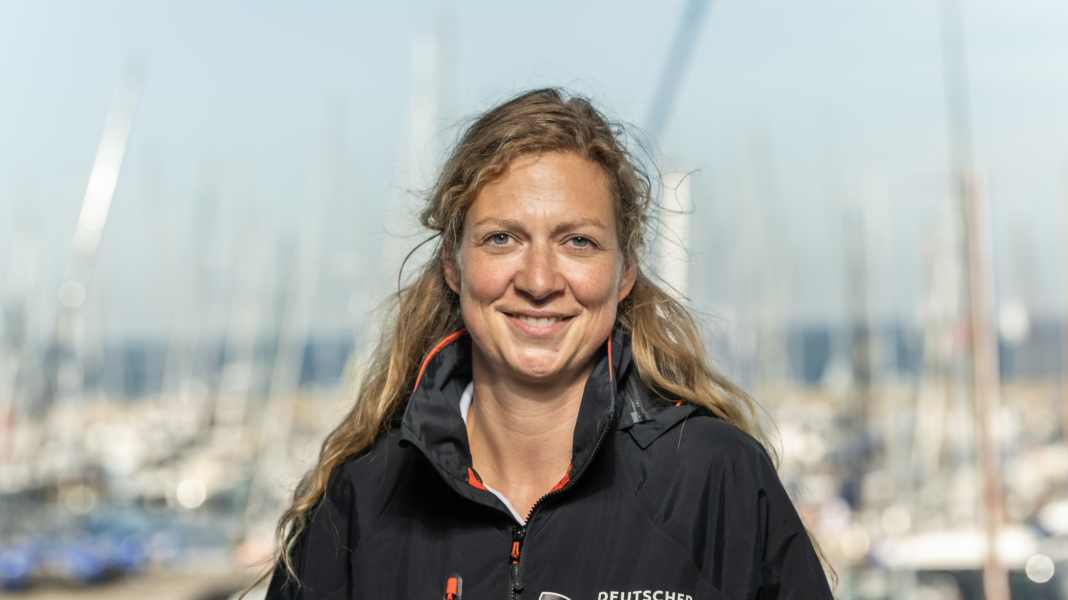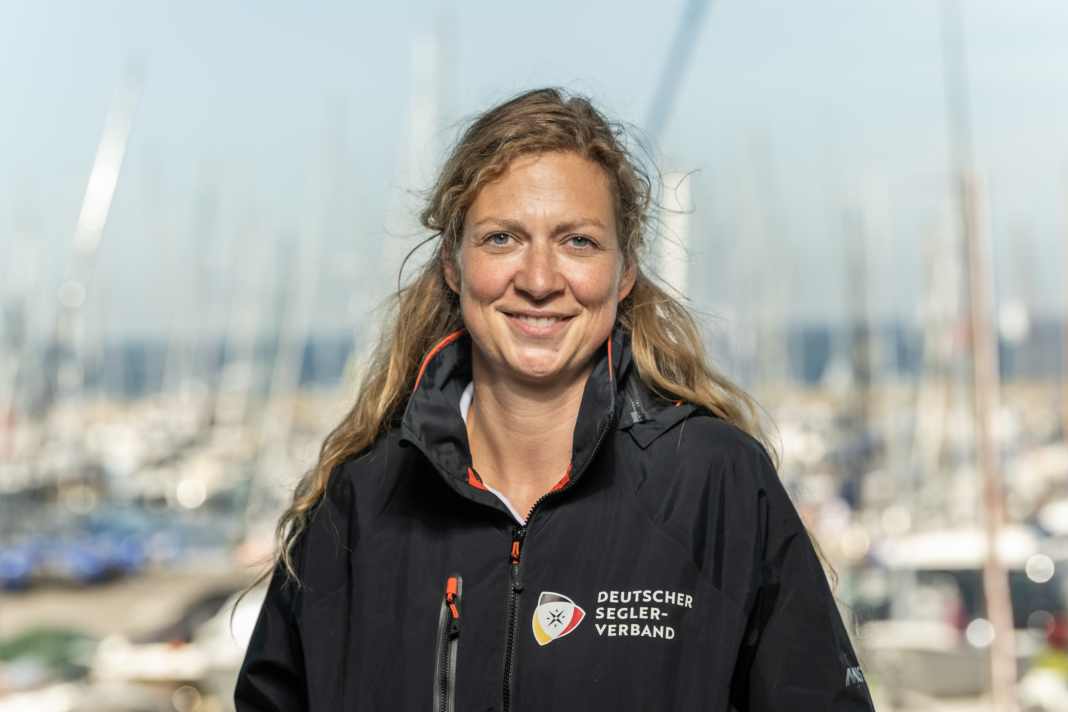Interview: Will association papers replace the current recreational craft licences?
Torsten Moench
· 22.04.2025






The editorial team spoke to Hanna Steingröver, Head of Public Contract Management at the German Sailing Association (DSV) and Gerhard Militzer, Operational Director of the State Qualification Examinations in Recreational Craft at the German Motor Yacht Association (DMYV) about these plans.
YACHT: In a survey conducted by the ADAC among skippers, a majority were against the introduction of so-called association licences. What do the DMYV and DSV think about this?
DMYV/DSV: The ADAC survey confirms our position. The DSV and the DMYV are very critical of the Federal Ministry of Transport's plans to replace the official recreational boating licence with association licences.
The existing examination system has worked well for decades and is recognised in the shipping industry and internationally. It is an important part of the state's task to ensure the safety and ease of traffic on federal waterways.
It is well known that there are many different types of watercraft travelling on the federal waterways: commercial vessels, passenger ships, rowing boats, etc. The official examination or the issue of the state licence, i.e. the recreational craft licence, ensures that the suitability and ability of future skippers are independently determined. In our view, this is the crucial point. Incidentally, the DMYV and the DSV are not alone in criticising the Federal Ministry of Transport's plans. The German Olympic Sports Confederation, the Federal Association of German Inland Navigation and many other associations are also sceptical or even opposed to the Federal Ministry of Transport's plan.
What are the advantages of association licences over previous recreational boating licences?
DMYV/DSV: There are no advantages for motorboat drivers and sailors. The existing examination system has not yet been criticised from a professional point of view, not even by the Federal Ministry of Transport. As was confirmed to us once again at the last meeting of the European Boating Association (EBA) in England at the beginning of April, the reputation of German official recreational boating licences is also high in other European countries. So why should the official licence be abolished?
If the entire system is to be made more citizen-friendly, a simplified procedure for checking medical fitness would be useful, for example. In addition, we have been campaigning for years to ensure that all applications can be submitted online to the authorised associations. And not have to be sent by post, as is the case today. However, this does not mean that the system of state driving licence tests should be abolished. After all, no one would think of replacing the official driving licence with private association licences. We certainly hope so!
More articles on this topic:
In addition, there are concrete considerations to separate the acquisition of the International Certificate of Competence (ICC), i.e. the international proof of competence abroad, which is currently part of the official driving licence, from the acquisition of the association licence. This means that anyone wishing to obtain an ICC in future will have to apply separately to the competent authority. The new association licence would therefore be associated with additional bureaucracy and costs for future skippers. What is supposed to be citizen-friendly about this is not clear to us.
What impact will the introduction of association licences have on training content and, in particular, on practical training?
DMYV/DSV: To date, the training centres have decided on the training content. Of course, they are also guided by the examination tasks specified in the regulations. As far as we know so far, the Federal Ministry of Transport is not planning to make any changes to the examination requirements. The question is, however, whether the examination requirements would actually still be precisely fulfilled after the introduction of association certificates, as the examinations would then be commercialised and carried out by those who also provide training. Independent testing and state supervision would then no longer take place.
Do you see a competitive situation between the associations?
DMYV/DSV: Not yet. Training and examinations are separate. The Federal Ministry of Transport has entrusted the DMYV and the DSV with the organisation of the examinations through the Sport Boat Driving Licence Ordinance. The contents of the examination are set out in the ordinance. The fees for taking the examinations are also set out in a special ordinance issued by the Federal Ministry of Transport.
So there is no competition between the DSV and DMYV to offer the "simplest" and "cheapest" licence. The situation would change radically if the loan or official driving licence were abolished. Test providers could then compete for test customers with "cheap tests". The quality of training and safety on the water would fall by the wayside.
Will the introduction of the association licences have an impact on the existing recreational craft licences for sea and inland waterways?
DMYV/DSV: No. The official licences are issued by the DMYV and DSV in accordance with the law and would remain valid. Incidentally, in view of the fatal sailing accidents at sea, we are in favour of introducing a sailing certificate there as well, instead of completely abolishing it on the busy inland waterways, as is currently intended
What happens to the other certificates of competence such as the SKS, SSS or radio certificates?
DMYV/DSV: We are not aware of any concrete plans by the Federal Ministry of Transport to abolish the other official certificates of competency in recreational boating. This means, for example, that the licence for the area of validity of maritime waterways would no longer be an official certificate of competence in future, but the Short Range Certificate would be. This seems unsystematic and unconvincing to us.
Is it possible to say anything about the costs today?
DMYV/DSV: It is still too early to say. However, we assume that there could be underbidding competition to the detriment of the quality of the examinations, at least in the initial phase. However, the existing fees for the examination are generally not the problem. For example, anyone who wants to obtain a pleasure craft licence for a If you want to obtain a licence for a boat with a propulsion engine and the scope of inland waterways, you will have to pay a fee of just under 130 euros. The licence is valid indefinitely.
When can we expect a possible introduction?
DMYV/DSV: It is difficult to say whether and when an introduction can be expected, as the timetable for the entire project has already stalled several times.

